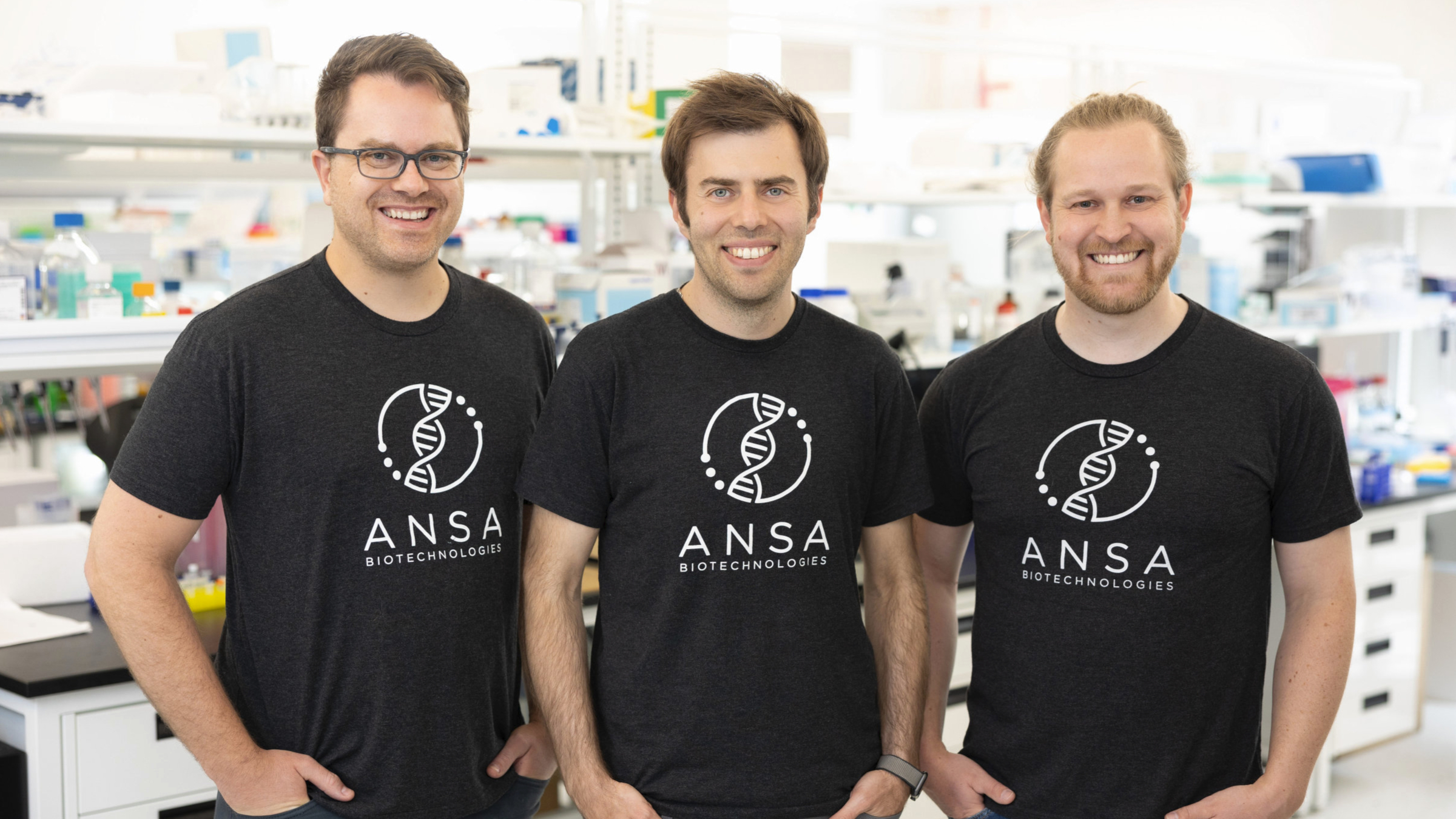
‘Don’t want to fuss with this stuff’: Another DNA synthesis startup reels in funding
The way DNA is synthesized has changed relatively little during the biotech revolution of the past four decades. Chemical DNA synthesis has been the predominant method, but it comes with limitations, most notably errors or lesions that damage the DNA after many cycles and cause it to be shorter in length and less accurate.
So, Ansa Biotechnologies wants to shake up the game with a method its founders think can skirt existing hurdles and speed up the process. To do so, the Emeryville, CA startup picked up $68 million in Series A funds Monday to bring its DNA synthesis services to market and scale up its R&D in a field dominated by Twist Bioscience, a $2.5 billion market cap company that’s partnered with the likes of Takeda and Ginkgo Bioworks.
Unlock this article instantly by becoming a free subscriber.
You’ll get access to free articles each month, plus you can customize what newsletters get delivered to your inbox each week, including breaking news.